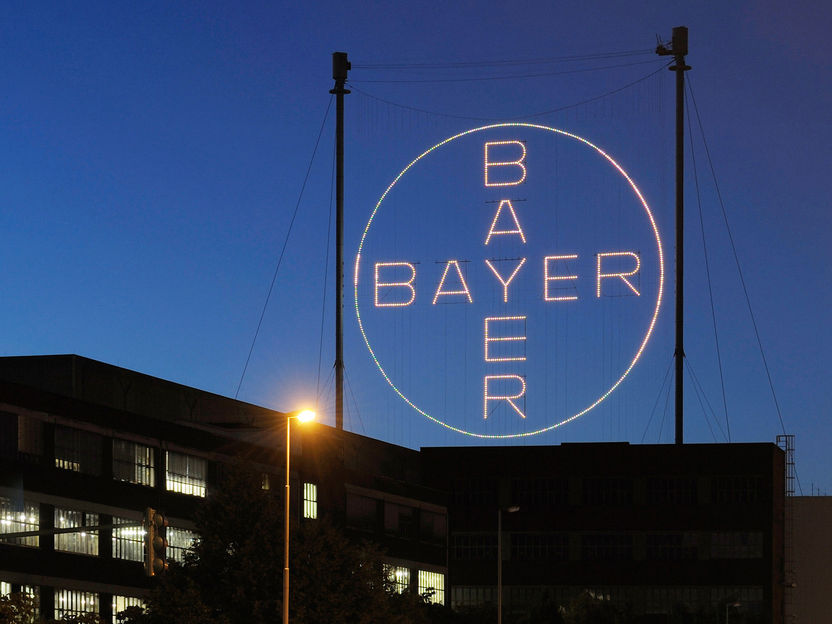"Why Do We Have Such (Over-) Large Appetites?" : SCIENION AG and Partners Aspire to Appetite Brake
Biotech company from Berlin developing adiposity chip/Nutrigenome Research project alliance analysing genetic factors of obesity
A constant increase in excess weight and obesity (adiposity) in the populations of industrial nations has been observed for years. In Germany, one of every two adults is already overweight; of these, nearly every fifth is very fat or even obese - and the trend is on the rise. What's also alarming: the number of overweight children has multiplied in recent years. An increase in body fat also means an increase in patients with high blood pressure, diabetes, cardiac-circulatory disorders, and even cancers. The yearly costs of adiposity to the economy are estimated in the billions. Studies have shown that in addition to unhealthy nutrition by individuals, a high proportion of the affected is presumably genetically predisposed for adiposity. In a project alliance funded by the federal ministry for education and research (BMBF), "Nutrigenome Research Berlin-Brandenburg," experts from SCIENION AG, the renowned Charité Hospital and the Fraunhofer Institute are getting to the bottom of the molecular-genetic causes of obesity with the goal of developing an antibody-based therapeutic regimen.
"At this time there is no procedure applied in the world with which the complex processes of adiposity can be identified, characterized and monitored on the molecular level," SCIENION chairman Dr. Holger Eickhoff outlines the task of the alliance project. "Each of the partners involved is contributing his long years of expertise to use microarrays in the identification and analysis of genetically conditioned factors of obesity, and then to develop an antibody-based therapy, a natural appetite inhibitor." Clinical research and new platform, information and detection technologies come together in the alliance project, consisting of SCIENION AG of Berlin, a complex supplier of biochip products, hardware and services; the Franz Volhard Clinic of the Charité hospital, represented by Dr. Stefan Engeli; and the Fraunhofer Institute for Biomedical Technology, represented by Dr. Frank Bier.
The "adiposity chip," part of the BioProfile emphasis of the Nutrigenome Research Berlin-Brandenburg, is intended to explore the at yet little understood molecular-genetic connections between obesity and the illnesses that accompany it, such as high blood pressure and diabetes. With the financial support of the BMBF, genes relevant for adiposity are identified in animal and human studies, combined on a test chip, and tested for their suitability in the development of future diagnostic and therapeutic potential. Animal models to be carried out with different groups of rats allow first studies, for instance on why some animals become fat on a diet high in fats and others do not, and what role certain genes play in this determination.
The data collected from analyzing biological samples and evaluating body and organ weights, blood pressure and pulse rate at various times, flow into a diagnostic adiposity platform on the basis of which SCIENION technology is used to develop diagnostic tools in the form of biochips. Databases, hybridization stations, scanners and evaluation software worked out in the alliance project will make it possible to apply these tools not only in research, but also in human diagnostics.
"With the help of the findings about the connections between genotype, nutrition and adiposity obtained during the project, we intend to develop suitable tools and test systems in order to track down systematically the causes of obesity and their connections with resulting illnesses," explains SCIENION's CEO. "With this knowledge, the biological effects of such factors as nutrients, food additives and pharmacological substances on people with a genetic predilection can be tested more accurately. It also brings us a great deal closer to developing new biotechnology-based therapies for the treatment of obesity." Eventually the partners in this collaborative effort hope to create an "appetite brake," new active agents for the control of food intake on the basis of antibodies - a lifestyle medication with gigantic market potential.
Other news from the department science
These products might interest you
Most read news
More news from our other portals
See the theme worlds for related content
Topic world Antibodies
Antibodies are specialized molecules of our immune system that can specifically recognize and neutralize pathogens or foreign substances. Antibody research in biotech and pharma has recognized this natural defense potential and is working intensively to make it therapeutically useful. From monoclonal antibodies used against cancer or autoimmune diseases to antibody-drug conjugates that specifically transport drugs to disease cells - the possibilities are enormous

Topic world Antibodies
Antibodies are specialized molecules of our immune system that can specifically recognize and neutralize pathogens or foreign substances. Antibody research in biotech and pharma has recognized this natural defense potential and is working intensively to make it therapeutically useful. From monoclonal antibodies used against cancer or autoimmune diseases to antibody-drug conjugates that specifically transport drugs to disease cells - the possibilities are enormous


























































